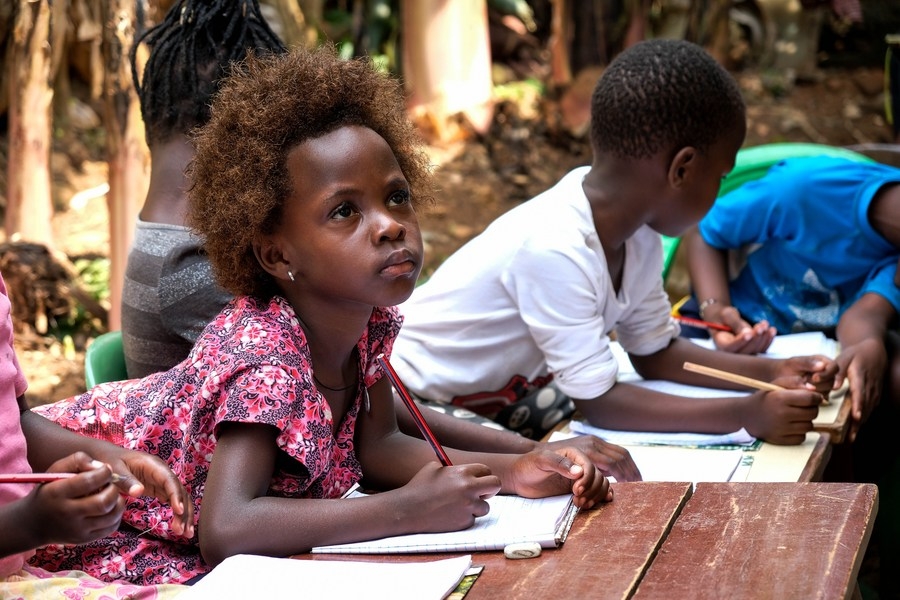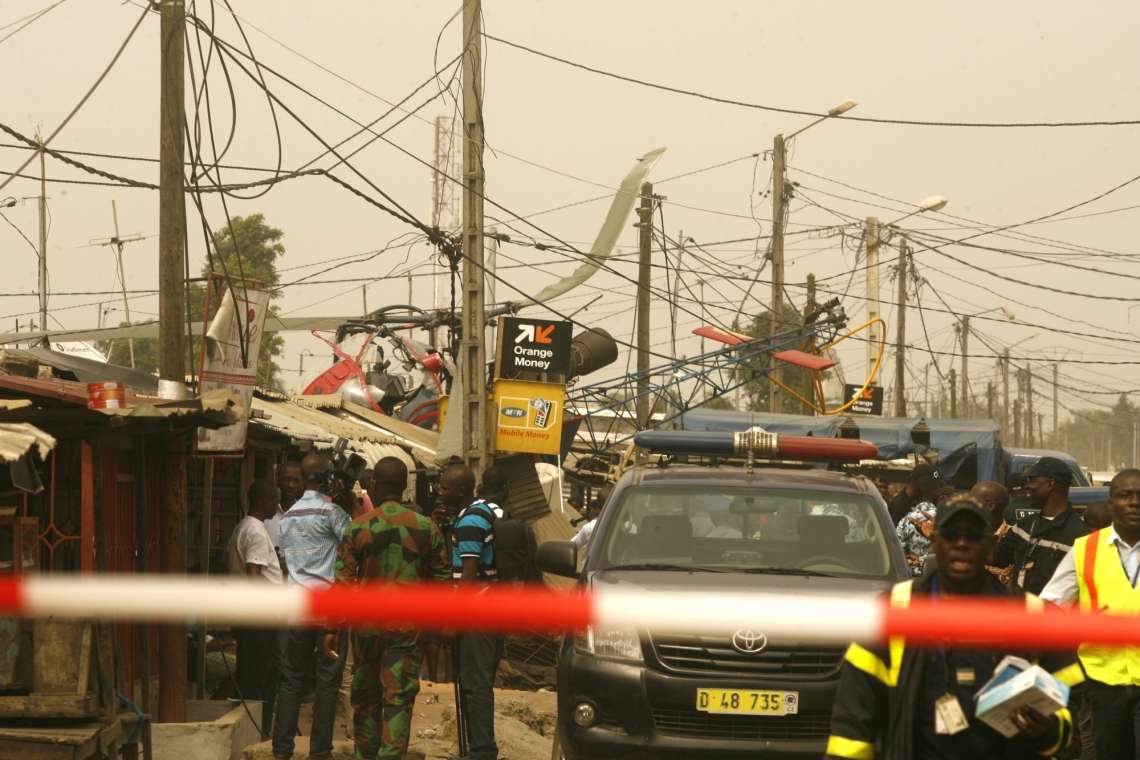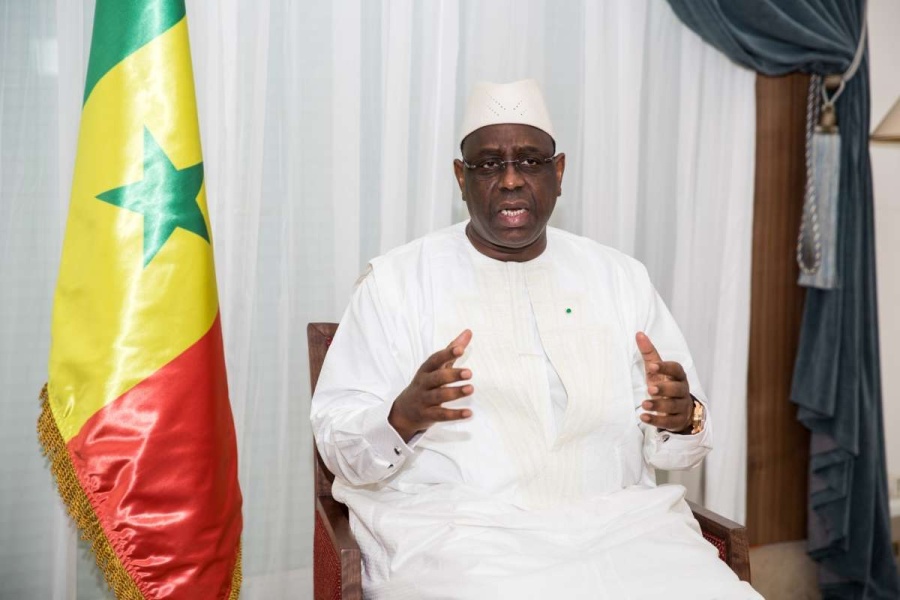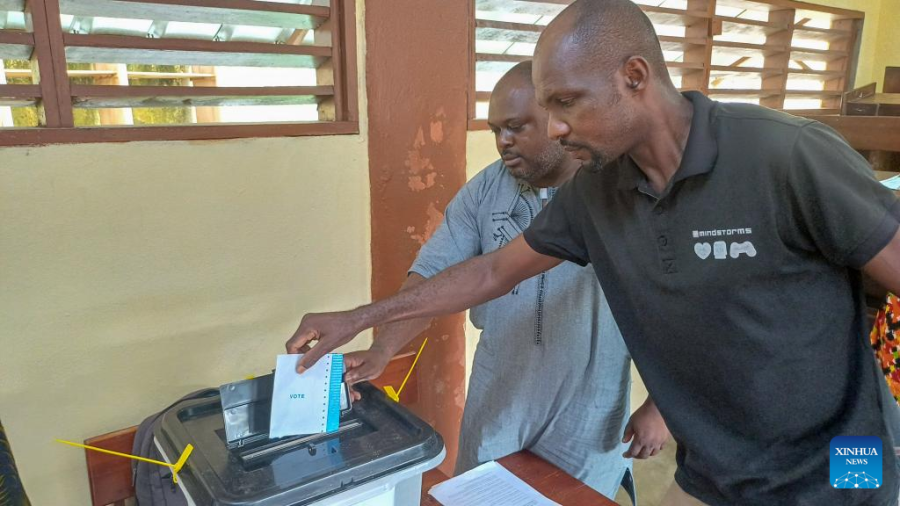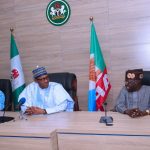The meeting drew about 500 delegates, including ministers of education, development partners, and experts from across sub-Saharan Africa…reports Asian Lite News
Policymakers and educationists gathered at an education forum in Kigali, the Rwandan capital, to discuss pathways to end learning poverty, a major threat to Africa’s future workforce. “Learning poverty” is the inability of children to meet basic literacy and numeracy milestones.
The meeting drew about 500 delegates, including ministers of education, development partners, and experts from across sub-Saharan Africa, seeking to scale successful education initiatives that enhance foundational learning.
“Learning poverty is unacceptable and a fundamental threat to the continent. Foundational learning is the cornerstone of all future learning. Prioritizing it is not an option,” Obiageli Ezekwesi, chief executive of Human Capital Africa, an advocacy organization, said at the opening of the forum.
Ezekwesi, former Nigerian education minister, said action without accountability is not enough, adding that there must be a capacity to track progress on foundational learning.
Rwandan Education Minister Joseph Nsengimana said the forum offers an opportunity for Africa to unite for collective growth and equip every child with the skills necessary to contribute to socioeconomic development.
Wongani Taulo, education adviser at UNICEF Africa, said the continent “is running out of time to shape a generation of critical thinkers.”
She argued that governments need to invest more in foundational learning to unlock the potential of millions of children across Africa. “The solutions lie with all of us, we must dedicate more resources to foundational learning and not forget pre-primary so that children are ready to enter school,” she said.
Victoria Kwakwa, vice president for Eastern and Southern Africa at the World Bank, noted that education today builds the Africa of tomorrow, and to truly transform the continent, there is a need to invest in the next generation of learners.
Underlining the need to strengthen partnerships with the private sector to boost foundational learning, participants said aligning resources, expertise, and innovation from both sectors would expand educational access, improve quality, and drive sustainable impact across communities.
The forum, which will run through Wednesday, offers a platform for countries to exchange progress made on commitments in foundational learning at previous forums.
Through a series of presentations, panels, round table discussions, and formal and informal dialogue, participants will share knowledge derived from foundational learning efforts on the continent and jointly plan the way forward toward meeting targets.
The learning poverty rate in sub-Saharan Africa stands at around 90 percent, according to the latest UNESCO Global Education Monitoring Report, which could affect the continent’s future workforce.
Failure to act, however, could result in economic losses of up to 17 trillion dollars across the continent.
The World Bank estimates a 97 billion dollar funding gap in education for sub-Saharan Africa.
Officials have called for committed and collaborative action among African nations and development partners to improve the situation.
Etleva Kadilli, regional director for Eastern and Southern Africa of the United Nations Children’s Fund or UNICEF, said ensuring prosperity across Africa requires greater political commitments and investment that are turned into concrete action.
“Governments must reach every child and keep them in school, assess learning outcomes regularly, support teachers to deliver the basics, and develop children’s mental health and well-being,” she said. “Only then will children attain the reading, math, and socio-emotional skills necessary for them to progress to higher forms of education and realize their further potential.”
The campaign is poised to build on the momentum generated during the event, with plans for ongoing advocacy, research, and collaboration over the coming months. The campaign seeks to mobilize resources, advocate for policy change, and drive community-level engagement to ensure that every child, regardless of their background, has access to quality education.
Prof. Mohamed Belhocine, Commissioner for Education, Science, Technology and Innovation (ESTI) noted that there is an urgency to address the learning deficit in Africa, a continent where 9 out of 10 children in Africa cannot read or solve basic arithmetic by the age of 10.
“Achieving meaningful change in foundational learning requires the collaboration of all sectors—government, civil society, and international organizations. We must mobilize our resources and our political will to turn these discussions into action,” he said during the Foundational Learning Conference under the theme “Inclusive Education: Ensuring No Child is Left Behind.
Ben Piper, Director of Global Education at the Bill & Melinda Gates Foundation called for an evidence-based approach to tackling Africa’s education challenges. “The solutions lie in leveraging data to guide our interventions and scaling proven models across the continent. We must move beyond discussions and commit to real, measurable progress,” said Ben.
Dr. Laila Gad, UNICEF Representative to the African Union and the United Nations Economic Commission for Africa (ECA) said to tackle the learning crisis, Africa must ensure that every child, regardless of their location or background, receives the support they need to develop essential literacy and numeracy skills. “We are committed to working with governments and partners across the continent to drive forward these reforms.”
The conference highlighted challenges in Africa’s education sector, including access to quality education, improving teacher quality, and policy implementation. It highlighted successful initiatives like the “Catch Up” Program, which improved literacy and numeracy in Zambia and Zimbabwe. Participants emphasized the need for significant investment, political will, and collaboration to close the learning gap and ensure sustainable improvements in educational outcomes.
ALSO READ: Diplomats of 14 countries visit Odisha Sun Temple


